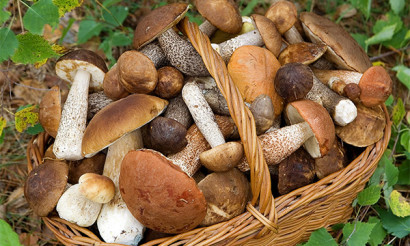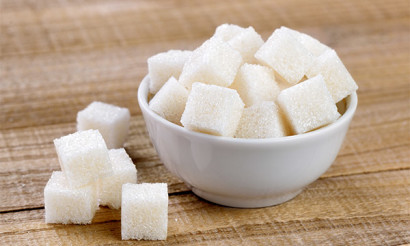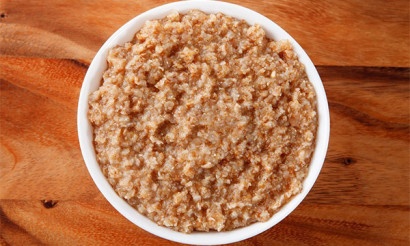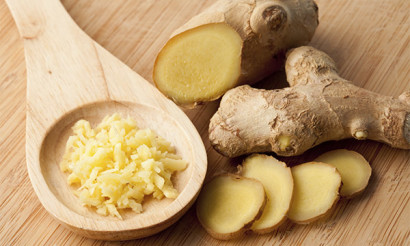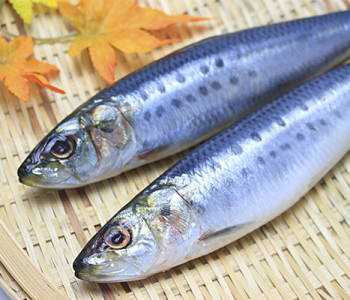How milk affects the human body
Milk is a natural food product, natural and familiar to us since childhood. We are not used to doubting its beneficial properties. Many people specifically buy farm milk, fat milk, in order to get the maximum health benefits from this wonderful product without any additives.
Milk is used in a huge number of recipes, added to drinks. Desserts without it are simply impossible to imagine.
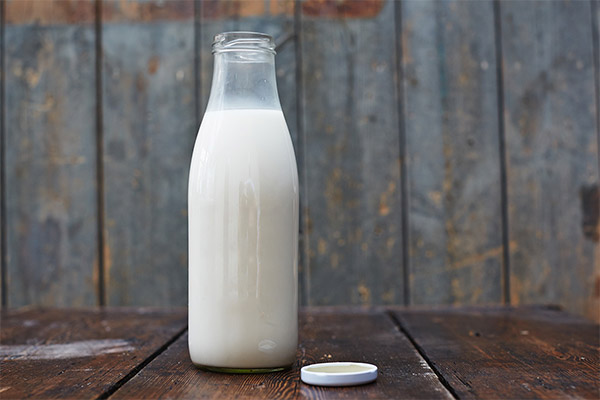
But recently, we have increasingly heard that milk in its pure form is suitable for use only for children up to a certain age. There is a number of studies proving that an adult does not absorb this product at all and, moreover, is harmful to health.
About ten years ago, scientists questioned all the beneficial properties of milk. By that time, it was possible to establish the real effect of cow's milk on the body of an adult in the course of numerous experiments.
Composition of modern cow's milk
Milk has always been considered a balanced product containing:
- unique composition of proteins, fats and carbohydrates;
- calcium needed for bones and teeth;
- Vitamin D, as well as calcium, which strengthens bones and teeth, promotes muscle tone.
But the experiments of the last decade have shown that cow's milk can significantly affect the quality and duration of our lives:
- Animal fats. High fat content of animal origin leads to arteriosclerosis of blood vessels. As a result - heart attacks and strokes.
- Hormones. Milk, which is produced on an industrial scale on large farms, often contains substances that are especially harmful to the body. The fact is that cows are fed a special feed with hormones to produce large milk yields. This hormone, getting into the human body, is able to provoke the development of cancerous tumors. At risk are primarily men.
- Lactose. This component is allergic to cow's milk and other dairy products. One in four in the world has lactose intolerance. Symptoms of all are the same: indigestion, nausea, diarrhea, colic.
- Calcium in cow's milk is practically not absorbed. Therefore, for most people, milk in this regard is not useful.
- The pasteurization process of an industrial product kills most of the elements useful to the body.
Alternatives
You can replace cow's milk with coconut or rice. Soya tastes especially good. And in composition they are really similar, with the exception of, of course, fat content.
You can replenish calcium with legumes and Beijing cabbage. These products are enriched with other beneficial elements. Fish, almonds, sesame and dried apricots are rich in calcium. And the daily norm of vitamin D is contained in only 2 g of fish oil.
The dairy industry has done a great job of convincing consumers of the benefits of milk consumption. It has not disappeared from store shelves, despite the large number of facts confirming its effect on the body. Although there have been noticeably more alternative options for plant-based milk.
Trusting scientists or trusting your own experience and feelings is definitely up to you to decide. But the fact that a person is the only living creature who consumes milk as a food in adulthood still makes you think. Therefore, listen to your body and monitor the reaction to the use of certain foods. Perhaps this will greatly improve your life in the future.
«Important: all information on the site is provided exclusively in fact-finding purposes. Before applying any recommendations, consult with a profile specialist. Neither the editors nor the authors are liable for any possible harm caused materials. "

